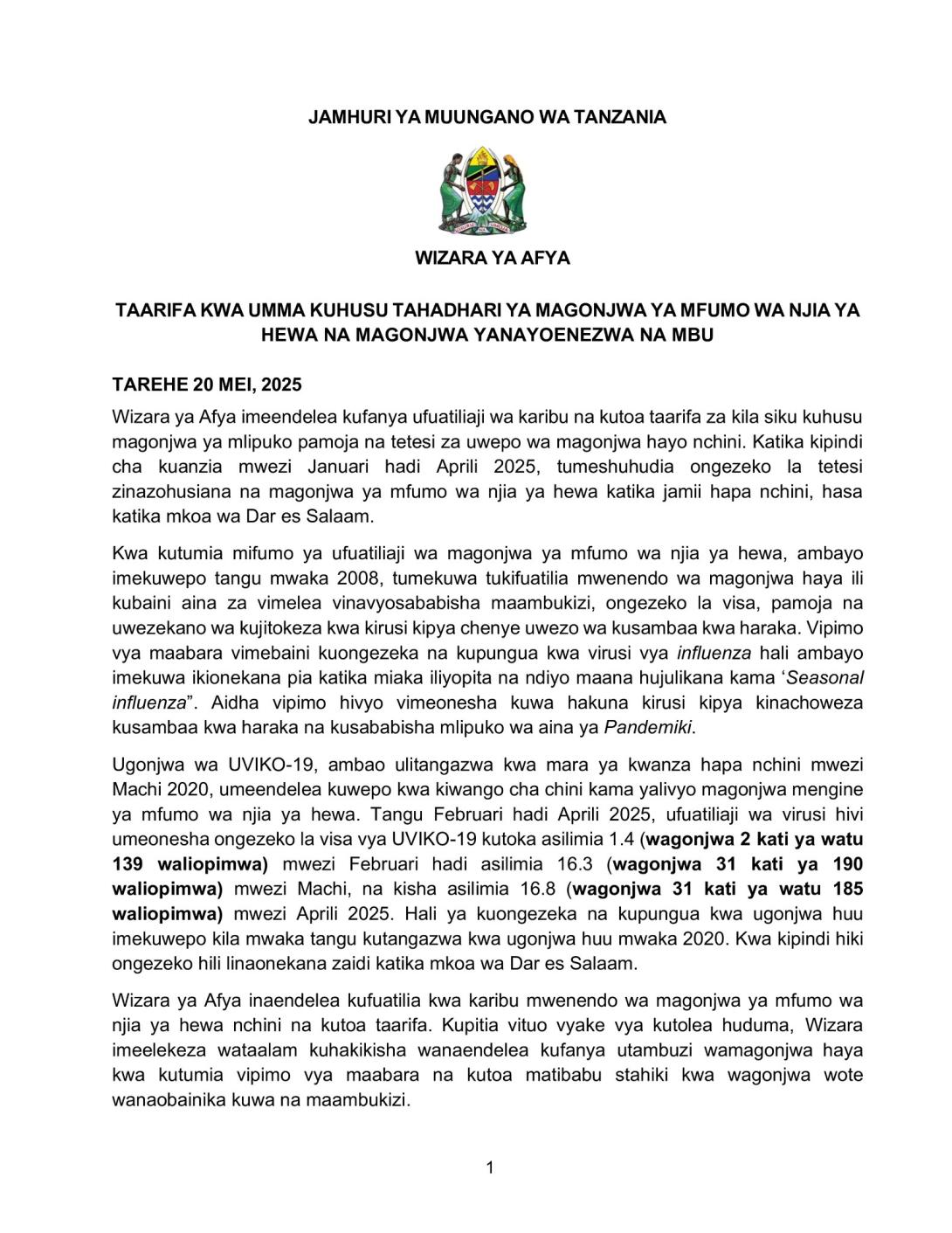Health authorities in the Democratic Republic of the Congo (DRC) have declared an Ebola virus disease outbreak in Kasai Province after 28 suspected cases and 15 deaths, including four health workers, were reported. The outbreak, confirmed on 3 September 2025 as Ebola Zaire, has affected Bulape and Mweka health zones. Patients presented with symptoms such as fever, vomiting, diarrhoea, and haemorrhage. This marks the country’s 15th Ebola outbreak since the virus was first identified in 1976.
A national Rapid Response Team, joined by World Health Organization (WHO) experts, has been deployed to Kasai to strengthen surveillance, treatment, and infection prevention measures. WHO has also delivered two tonnes of supplies, including protective gear, medical equipment, and mobile labs. Given Kasai’s remote location and difficult accessibility, provincial risk communication experts are engaging with communities to promote protective measures and support the response.
The DRC has prepositioned 2000 doses of the Ervebo Ebola vaccine in Kinshasa, which will be deployed to Kasai to protect contacts and frontline health workers. Authorities and partners are scaling up efforts to trace contacts, treat cases, and prevent further transmission. This outbreak follows earlier ones in Kasai in 2007 and 2008, and in Equateur province in 2022, which was contained in under three months. Ebola remains a severe, often fatal illness transmitted through direct contact with body fluids of infected persons or animals.
Read more:

